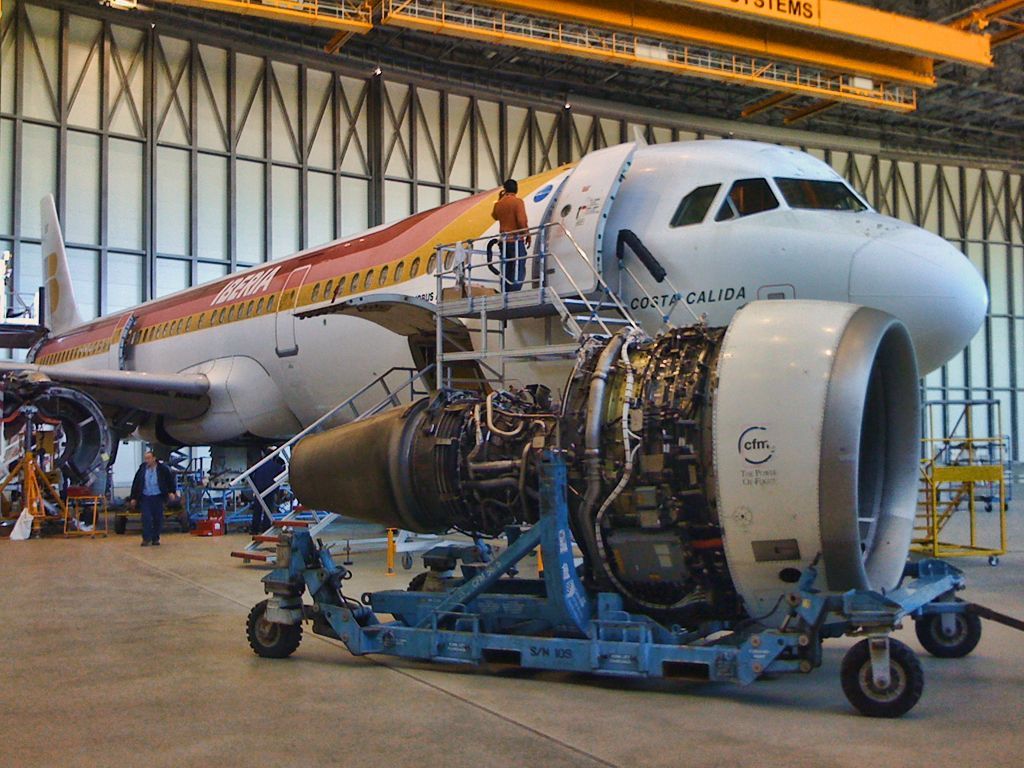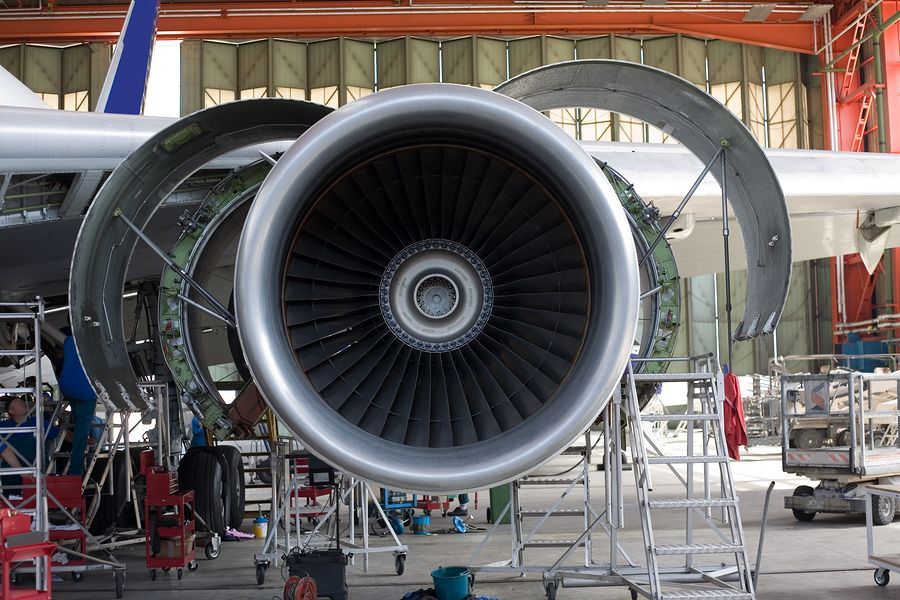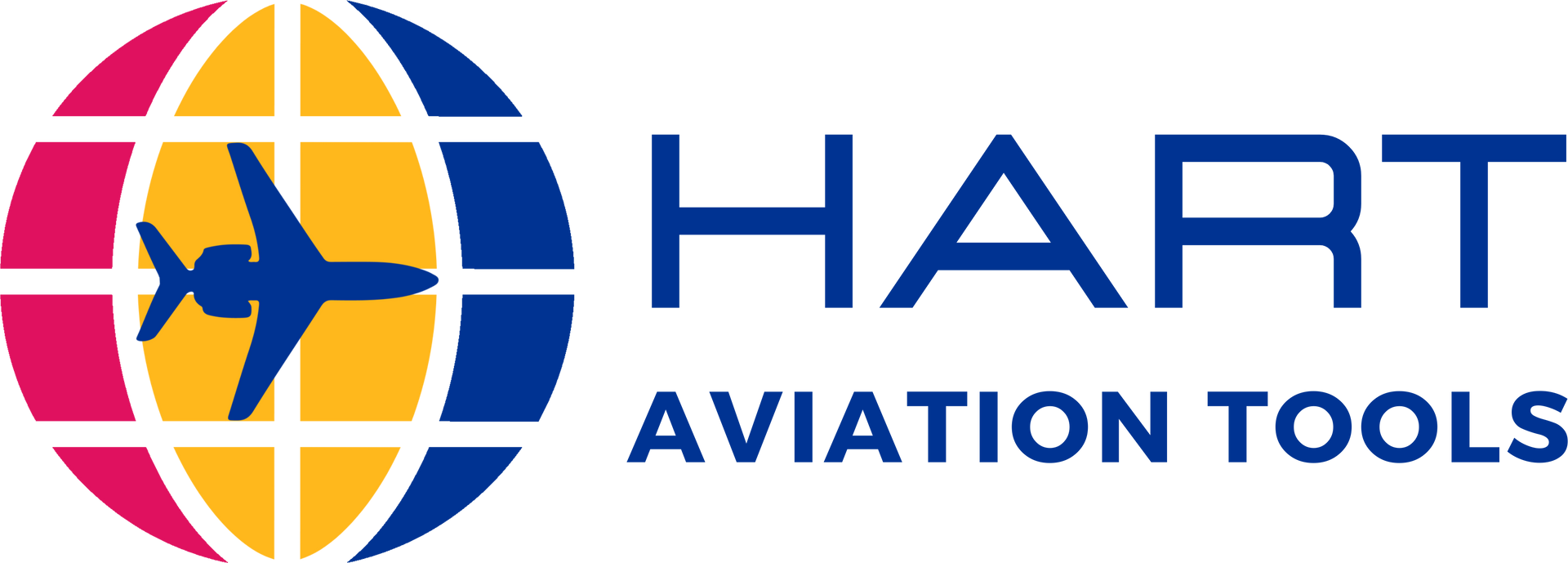Conversations for the Aspiring Aircraft Mechanic

At what point does a mechanic and/or a technician become a professional? Is it a level of skill mastery? Is it a mental attitude? Is it at a certain level of experience or maturity? Well, yes, but when? It may help to remember that we are inherently creative beings. So, what vision of yourself do you have? Become that vision by being that now. Act as if. The good news is that we don’t have to have a complete vision before we start this creative growth process. Add to it every day. Some things will come quickly, and others will evolve. Just come back to that vision every day and keep magnetizing it.

Here are some tips. How do you hold yourself and how you come across to your work mates, Crew Chief, Chief Inspector or Director of Maintenance? Do you show your intelligence, are you respectful? Why would someone hire you? Are you worthy of our wage? Do you provide a service or an attitude? Are you a good communicator? Do you do your best work every day? Do you take opportunities to learn and grow? Are you keeping up with the industry? Do you contribute to the growth and learning of everyone in the shop? Do you take pride in keeping space and shop clean and tidy, making your work environment professional looking and easier to work in? Do you have a professional appearance?
Then an alternate reality hits. Do you stand up for yourself, with the burden of responsibility that you carry, for aircraft safety? Do you demand fair compensation for what you do and how you do it? After all, you represent you in the employment marketplace. How are you with regulations? Do you view them as an authoritarian hardship or as a guide and a system for flight safety? Can you stand and hold the power that the regulations give you without abusing them? How will you walk the inevitable line when money decisions and schedule considerations affect your work; when they can make your job harder and take longer to do, or do over, or they may start to bend the line of legality and safety, even to the point of challenging your personal integrity and reputation?
For example, you’re doing the airframe de-ice system check on a Falcon 900B. Your company hasn’t supplied you with the breakout box that Falcon requires for this check. 5 switches have to close, in series, within 5 seconds. Do you wait for the engine runs to go into the cockpit, throw the switch, add throttle, wait for the light, and call it good? Without the box you can’t analyze the circuit. Are there any weaknesses in the system? Any looming problems? Isn’t that the point of the check? Have you complied with the regulation? Do you have an underlying feeling of powerlessness and frustration, or are you okay to sign it off? Even further, is your Chief Inspector okay to sign it off? Does he even know about your dilemma? Should you talk to him about it to cover yourself?
Besides, what could possibly happen? Okay, what if the plane just took off, with the CEO on board, on the way to close a $30 million deal, and the crew gets that anti-ice fail light and they have to turn back and abort the flight? Are you prepared with your answer, there on the ramp, with the CEO circling? It says right here that you signed off that check. How did you do it? What did you find? Well, without that breakout box you don’t really know do you. Further, without that breakout box, it’s going to take hours to find which switch is bad, or which circuit has a bad wire… No one is happy, it’s not really your fault, but you’re right in the middle of it. What you do and say, now, has long term implications. Don’t lie, be honest, humble, accurate and don’t throw anyone under the bus. Not an easy thing to do. Think of how different it would be if you had talked to the Chief Inspector about it earlier. Remember, you make the Crew Chief, Chief Inspector and the DOM (Director of Maintenance) look bad when you don’t communicate. And, don’t forget, your annual review is coming up!
We work in imperfect situations. You can either see yourself as a frustrated and powerless grumbler or you can assert yourself to cover yourself, without harm to anyone else. However, whether its big money, a safety issue or a crisis, someone will eventually come to you with the question, “why didn’t you follow the manual?”

Here, as a mechanic/technician, your power is in your professionalism. Was that in your personal vision that morning? Whether you had taken a stand and not signed off that check without the required equipment, or you’re in the hot seat, after the fact, and in the spotlight. Your managers will look at you (and everything else in that situation) and make a judgement. Is the position you are taking legitimate? Have you been communicating your concerns or is this an emotional bombshell? What are your abilities as a mechanic? Do you have integrity, humility, are you respectful, how much experience do you have, can they trust your work, are you politically astute, how do you carry yourself? All this is the sum-total of your power in this moment (and every day). If you have been working on your vision for yourself this is where it will show. Your strength, or lack of it, will now show itself in this crisis.
Then comes the meeting of the minds, and a decision is made on how to proceed. The company culture and leadership will show itself for real.
